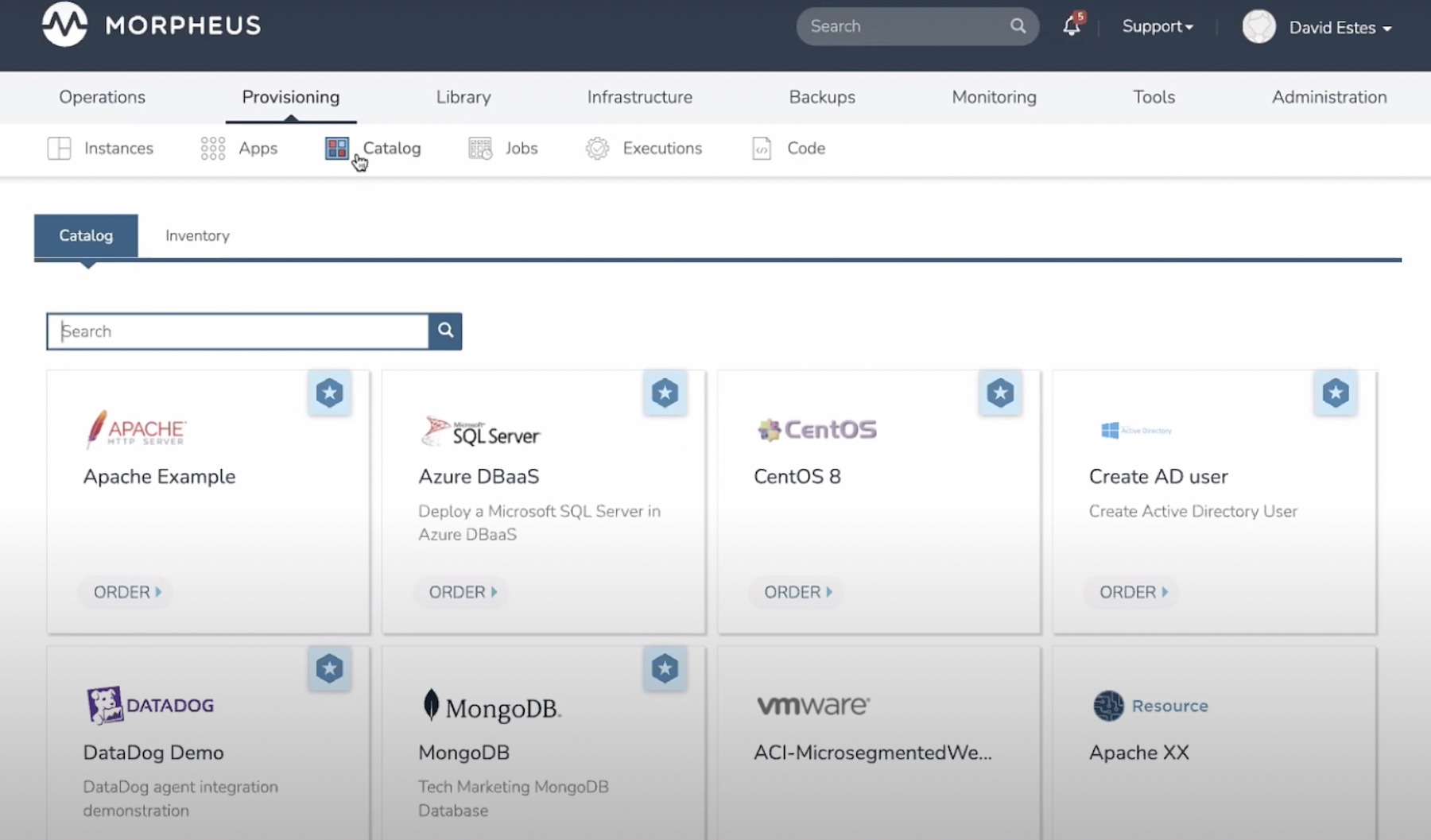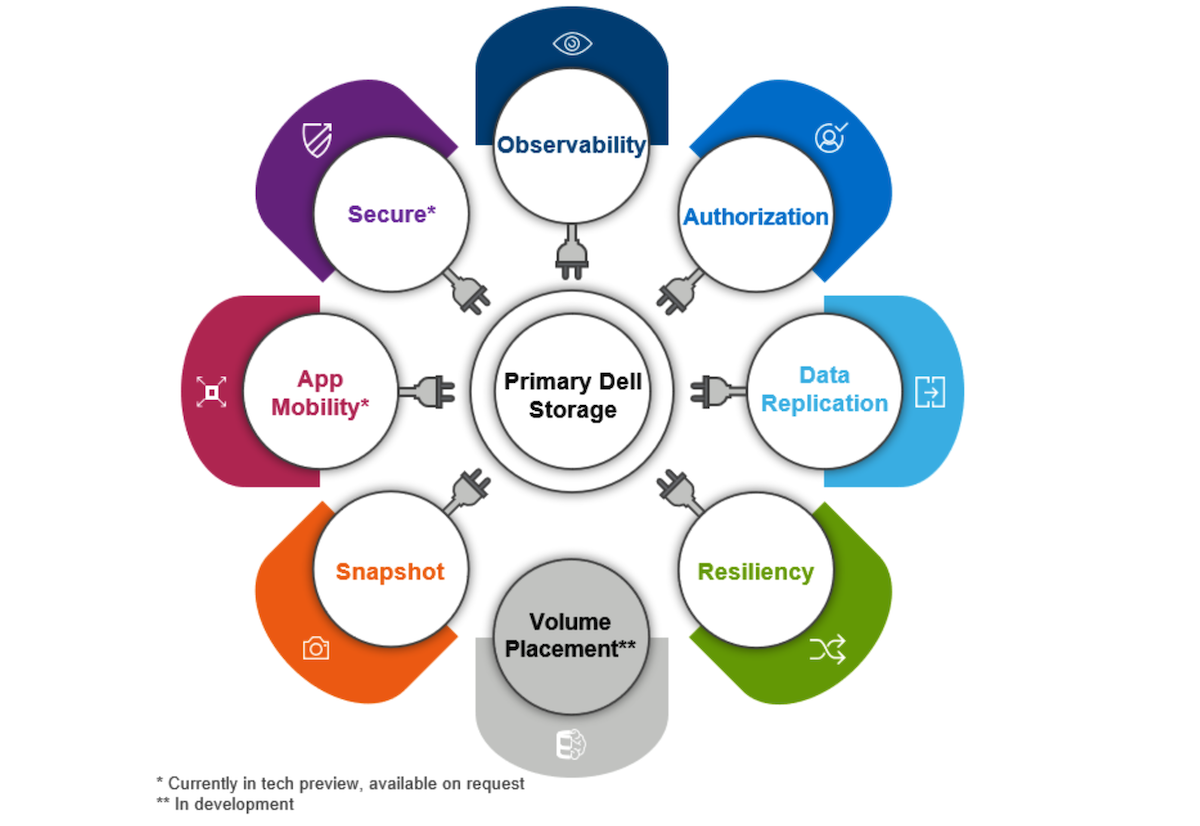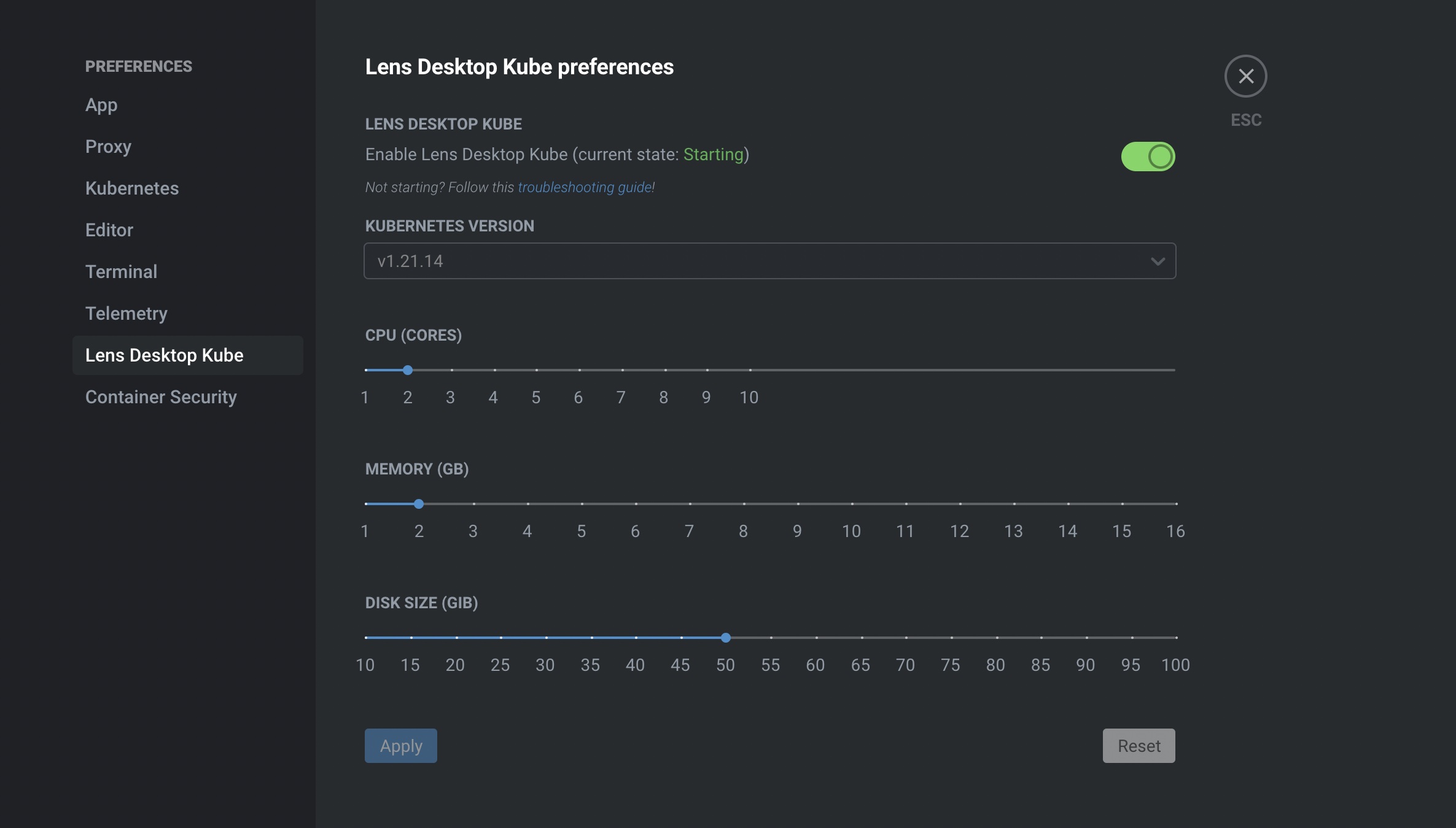
Image Credit: Håkan Dahlström
Kubernetes has undeniably ate the world of container orchestration. You can’t watch a Cloud Field Day presentation without mention of the platform. But that popularity is often joined by organizational anxiety. Yes Kubernetes is the de facto market leader in the space. But that doesn’t mean organizations have the expertise and understanding to best take advantage of the technology.
This piece does a great job of illustrating how Kubernetes is becoming more enterprise-friendly (vs a hobby horse of cloud-native developers). This isn’t without challenges, but there are now a number of viable PaaS and SaaS options that make running Kubernetes in production much more palatable for the often glacial pace of IT change.
The piece makes it clear that this isn’t the final state of enterprise container adoption, but one that’s eminently more usable for most organizations than the byzantine configurations of Kubernetes past.
Kurt Marko comments:
Discussions of Kubernetes can still seem hopelessly lost in arcane details of server configurations, network plumbing and programming syntax, leaving business and IT executives to question how the technology contributes to their needs for new applications and faster time-to-market. For these non-specialists, watching most Kubernetes discussions is akin to a condo developer attending an ASHRAE convention: they really don’t care about the design details of demand-controlled ventilation systems. Instead, application owners, sponsors and business executives want to know how Kubernetes can save them money, improve application performance and reduce development time. However, meeting these goals is better done by focusing on application development processes not delivery systems.
Read more at: diginomica Kubernetes is evolving into an enterprise-friendly platform, but challenges remain




